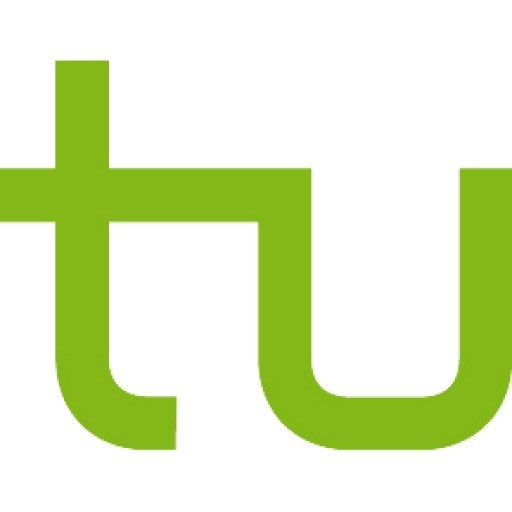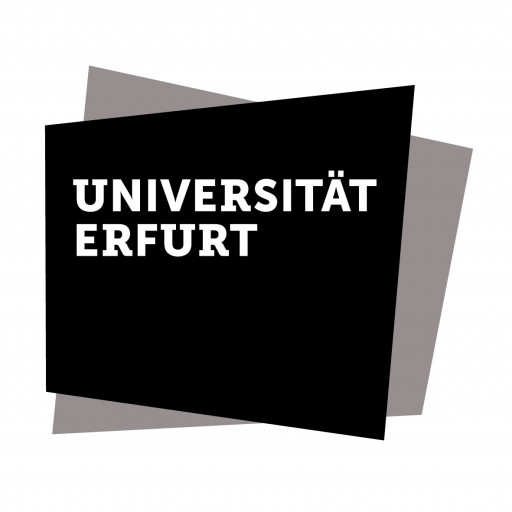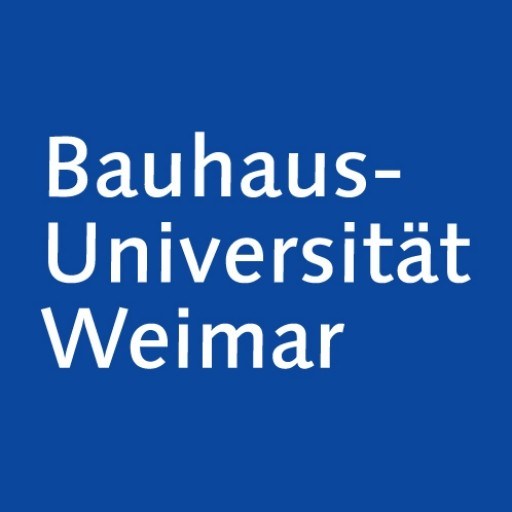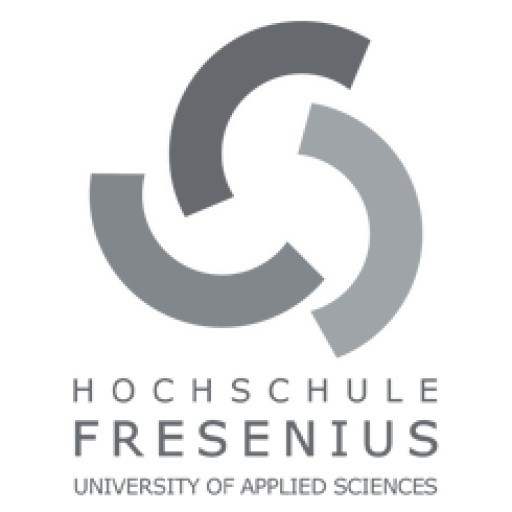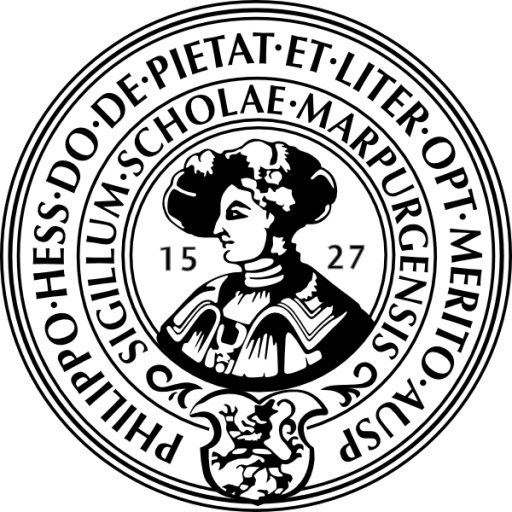Photos of university / #unisiegen
The Master's programme has a strong international focus, it explicitly addresses an international audience and is therefore taught (apart from some non-obligatory courses) in English. It is a four-semester programme beginning in the winter semester (October).
The academic faculty of the Department of Economics at the University of Siegen is not only very active and well-established in the national and international academic community, but is also highly committed and motivated to impart up-to-date economic knowledge to its students in an accessible fashion.
Educational organisation
The MEPS programme takes four semesters (two years) and consists of eight compulsory as well as two elective modules. Four of the compulsory modules are concerned with the acquisition of fundamental economic and econometric theories and techniques, whereas the other four modules are more applied in nature and deal with various policy-relevant topics in economics.The two elective modules can be chosen from a total of six modules on offer. Four of these modules provide a specialisation in economic topics, whereas the remaining two modules cover various topics in business administration. One of the two selected elective modules must have an economic focus.
Study abroad unit(s)
It is possible (but not required) that students spend one semester at a foreign university. The maximum amount of credits which can be acquired abroad is 30 ECTS.Internships
Internships are encouraged, but not required.Forms of assessment
Possible forms of assessment are:- written tests
- oral tests
- homework and project works
- term papers
- presentations
Module exams are typically in the form of written exams.
Course objectives
The MEPS programme endows its students with a sound knowledge in economics, econometrics and empiricism, bringing them to the frontiers of current research. Furthermore, due to its quantitative orientation, it also trains students' analytical and logical problem-solving skills and prepares them either for a successful (international) professional career and/or for an academic career in high-level economic research.Language requirements
If English is not the applicant's first language or if the applicant's Bachelor-level degree has not been achieved in a programme taught entirely in English, sufficient knowledge of the English language must be documented. This can be done in the form of a TOEFL test with at least 213 points (computer-based test), 79 points (internet-based test), 550 points (paper-based test), or the IELTS with a minimum of 5.5 points.Academic requirements
To apply for the MEPS programme you must hold an appropriate Bachelor's degree with a regular study period of at least six semesters.An explicit academic background in economics is an advantage, but not necessarily required. Should you have no explicit or only a weak background in economics, we would ask you in particular to document that your formal (mathematical and statistical) background is sufficient to enable you to meet the formal requirements which our quantitatively oriented Master's programme in economics imposes on its participants. Should you have any questions concerning the sufficiency of your Bachelor's degree for our programme, please do not hesitate to contact us.
Enrolment fees
Approx. 250 EUR per semester for a public transport ticket (valid for six months in the entire state of North Rhine-Westphalia), social services contribution and students' activitiesCosts of living
The city of Siegen is one of the German cities with very moderate costs for accommodation, but it has excellent living conditions. Living expenses including accommodation and health insurance range from 650 to 750 EUR per month.Job opportunities
Siegen is a medium-sized town with about 100,000 inhabitants. It is located in the hinterland of three major German economic and cultural centres, namely the Rhine-Main area, the Cologne-Bonn area and the Ruhr area. The spatial proximity to these three metropolitan areas offers plenty of professional opportunities for our students. Examples are international organisations (European Central Bank in Frankfurt, United Nations in Bonn), government agencies (German Society for International Cooperation (GIZ) in Bonn and Eschborn near Frankfurt, ministries of the state of North Rhine-Westphalia, Bundesbank in Frankfurt), or multinational companies (banks in Frankfurt).Funding opportunities within the university
http://www.sff.uni-siegen.de/antraege/
Arrival support
Personal support after arrival is provided by the staff of the Department International Student Affairs, a tutor, or an experienced programme member.Services and support for international students
All international students are supported by the Department International Student Affairs, a tutor, and experienced members of the individual programmes.Accommodation
German universities usually do not have campus systems like the universities in some other countries where students can find accommodation directly on university property. Therefore, students must find rooms on their own. Rooms in private accommodation cost 280 EUR on average. Rooms in student residences cost between 220 and 400 EUR. Direct support for finding suitable accommodation is offered by the Department International Student Affairs.Detailed information concerning general accommodation can be found at:
http://www.uni-siegen.de/start/studium/studentisches_leben/wohnen.html.en?lang=en
Our International Office (http://www.uni-siegen.de/isa) will also provide you with further information about private accommodation.




